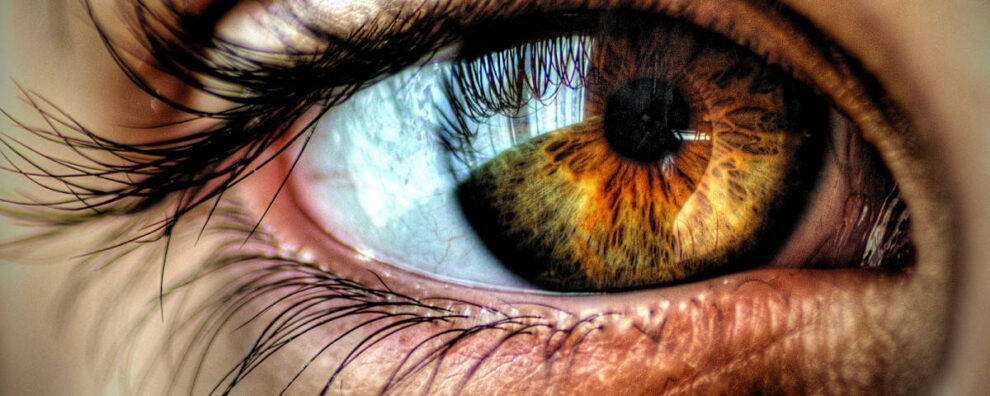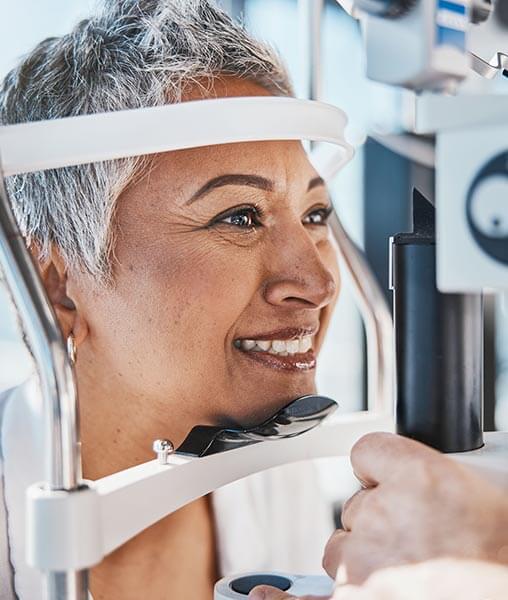Posted by: Albany Cornea | Center For Eye Care Excellence in Uncategorized

3.6 million Americans, ages 40 and older, suffer from diabetic retinopathy, a devastating disease that leads to impairment or loss of vision, even blindness. What’s really frightening? Many patients don’t realize they have the disease until it is too late and their vision has already deteriorated.
November is National Diabetic Eye Disease Month and we want people living with diabetes or pre-diabetes to help fight this disease before vision loss can take hold. If you suffer from diabetes, the time to be prepared and take action is now. Some may find it surprising that diabetes is the leading cause of blindness for working-age Americans and this number is steadily increasing due to the diabetes epidemic.
Diabetic retinopathy is hard to detect in its early stages, because there are no visible or physical symptoms. But if left untreated, it can damage the small blood vessels in the retina and the light-sensing layer of tissue in the back of the eye will then start to leak fluids and blood. As the stages advance, blood vessels become blocked and will rupture, leading to vision loss.
Because it often goes unnoticed until vision is affected, it is imperative to receive annual eye examinations. Although diabetic eye disease is severe, there are effective treatments available. Vision loss can be prevented if diagnosed early enough, and treated in an appropriate and timely manner.
Medical treatment for diabetic eye disease may include injections of anti-vascular-proliferative medications in the area around the eye. There is also surgical treatment of diabetic eye disease. During the surgery, a highly focused beam of laser light is used to treat the leaking blood vessels or to treat the area of the retinal swelling.
Being able to control the diabetes itself will allow individuals to have fewer problems in the long run. Controlling the blood sugar levels is the best assessment of how destructive the disease may get.
People who get annual eye examinations often have less severe eye and vision issues. So see your eye doctor annually, especially if you suffer from diabetes. Your vision is precious and sometimes when it’s gone, it’s gone for good.

